Early Detection of Drug Resistance in Cancer Patients Possible with Parithera

15 October 2023
A groundbreaking system developed by Parithera, an EPFL spin-off, promises early detection of drug resistance in cancer patients, a significant stride forward in personalised cancer treatments. By isolating and analysing individual cancer cells' messenger RNA from blood samples, the technology offers more accurate insights than traditional methods.
Cancer treatment has long grappled with the challenge of drug resistance. Whether resistance appears at the onset of therapy or develops over months or years, it poses significant complications for oncologists, often leading to unnecessary treatments with severe side effects. Parithera’s innovative system offers a solution. Tailored for clinical use and nearly 100% accurate, the system is set for trials and aims for a market launch in a few years.
The system, pioneering in its approach, isolates individual cancer cells from blood samples—even when only a few are present—and analyses their messenger RNA with remarkable speed and precision.
Most cancer cell drug resistances stem from either mutations altering a drug's target biomarker or the emergence of new signaling pathways that counteract the drug’s effects.
Unfortunately, there is no diagnostic method for accurate detection” says Antoine Herzog, the CEO of Parithera. “For instance, biopsies require invasive surgery which preclude their use longitudinally, while analyzing circulating tumor’ DNA provides only limited information. It’s important to proceed cell by cell because cancer is highly complex, and all the cells in a given sample won’t be the same. Each cell you analyze will give you different information.”
Parithera’s technique, on the other hand, provides in-depth data, allowing doctors to monitor changes in the gene expression of cancer cells, a critical factor in tailoring therapies.
The system, birthed from collaborative research between EPFL and ETH Zurich, uses a patented technology that sequences the mRNA of individual cancer cells. Finding target cancer cells, known as circulating tumor cells (CTCs), in a blood sample is notably challenging.
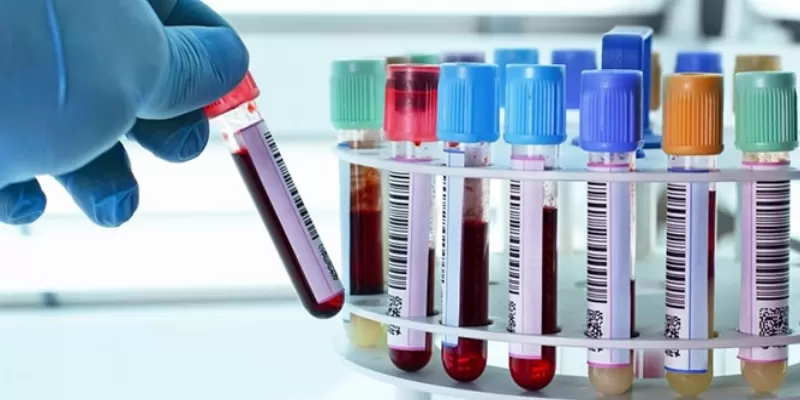
Parithera’s device boasts almost 100% accuracy in identifying these CTCs using a micro- and nano-fluidic system combined with magnetic nanoparticles. These nanoparticles attach to CTCs, tagging them with a molecular barcode for precise identification, a significant improvement from existing technologies where nanoparticles are consumed by patients' white blood cells, compromising sample purity.
Designed with clinicians in mind, the entire process is automated and tailored for a clinical setting. The company envisions their system becoming a staple in oncological testing. While they aim for a market debut in the next four to five years, ongoing clinical trials will further refine the system's application across various cancers and stages.
This cutting-edge technology will undergo its first clinical trials in collaboration with a hospital, using patient samples. Funded by Innosuisse, Biopôle, Venture Kick, and industry experts, Parithera is now on the cusp of drawing greater attention from potential investors.





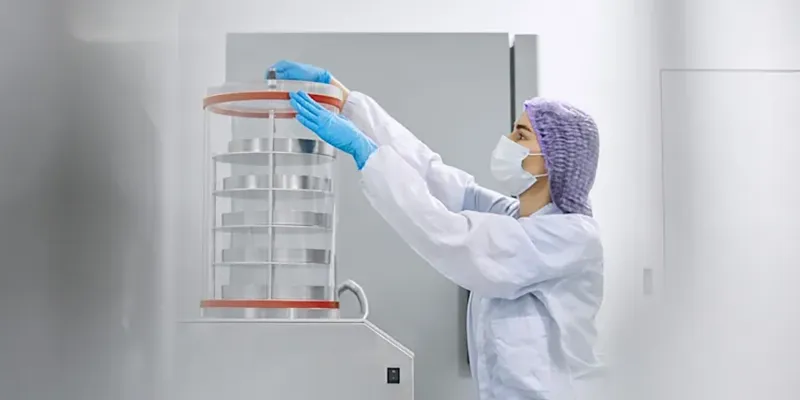

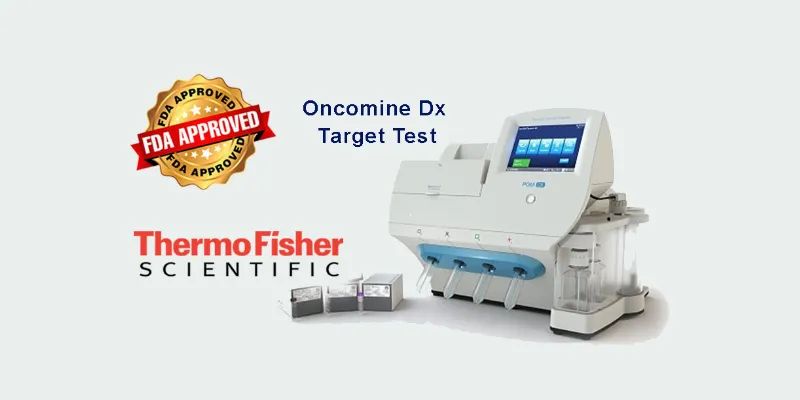
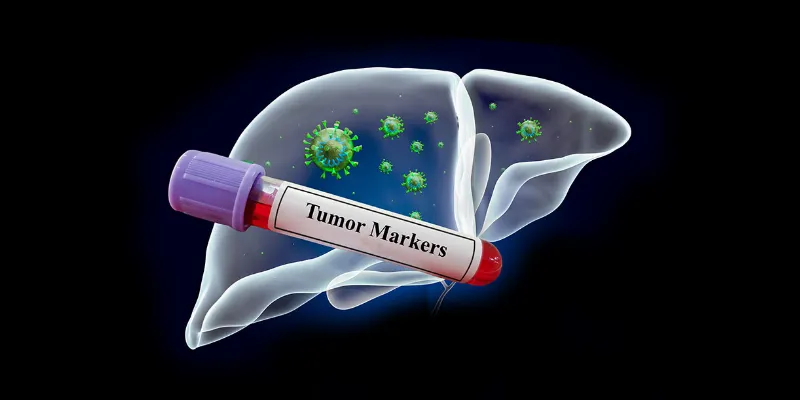
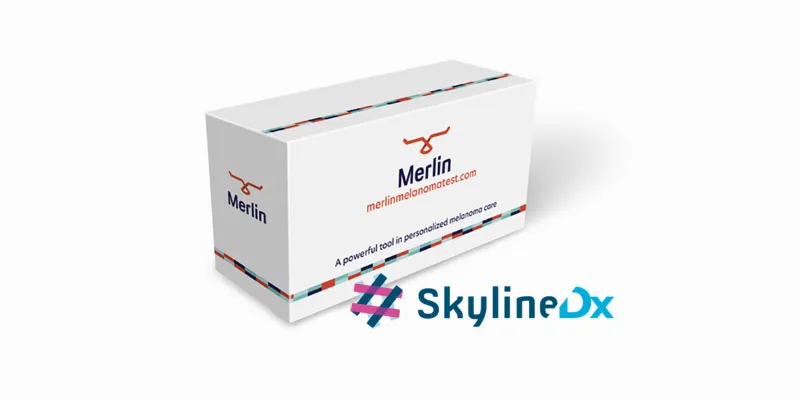

Comments
No Comments Yet!